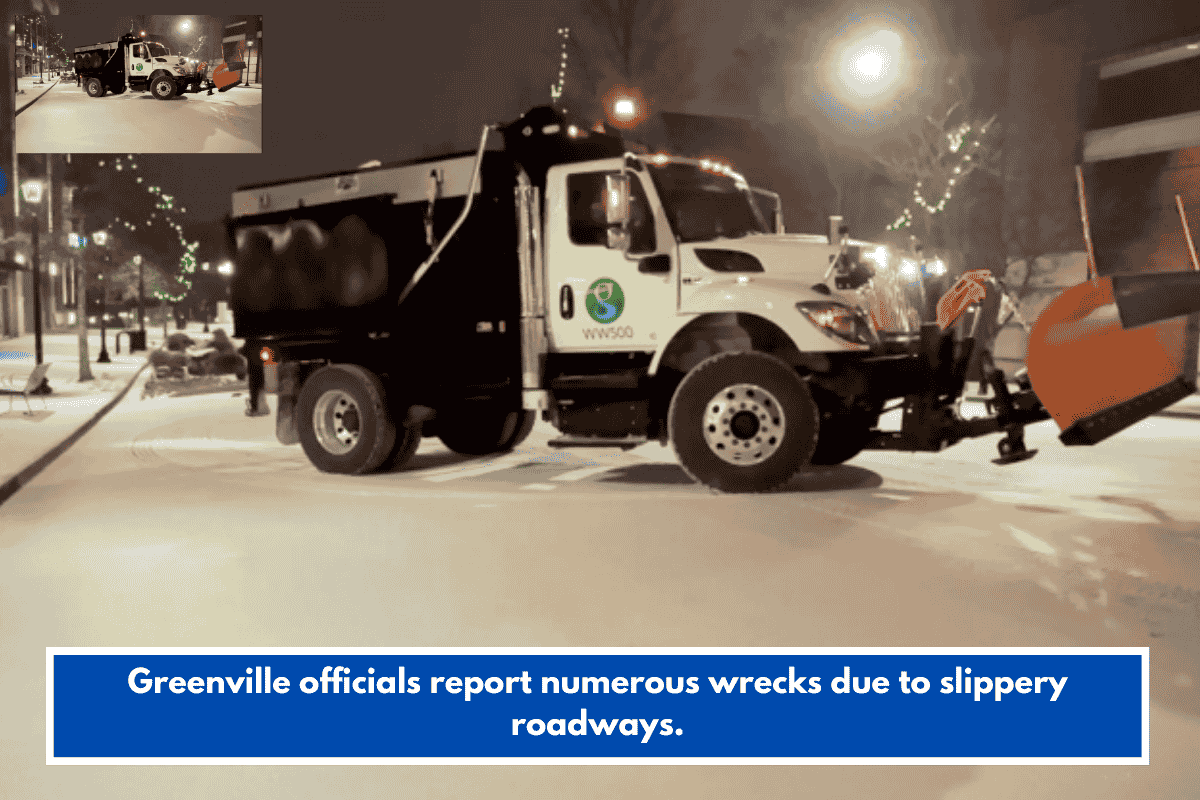Nevada, like many other states, has laws in place that allow individuals to defend themselves if they feel threatened. One such law is the “Stand Your Ground” law. This law can be confusing for many people, especially when it comes to understanding when and how it applies. If you live in Nevada or are just curious about how the law works in this state, this article will explain everything you need to know about Nevada’s Stand Your Ground law.
What is the Stand Your Ground Law?
The Stand Your Ground law allows individuals to use force, including deadly force, to defend themselves if they believe they are in imminent danger of serious harm or death. Unlike traditional self-defense laws, which require a person to retreat (if possible) before using force, the Stand Your Ground law removes that obligation. In other words, if you feel threatened in Nevada, you do not have to try to escape the situation before defending yourself.
Key Aspects of the Stand Your Ground Law in Nevada
No Duty to Retreat: Under Nevada’s Stand Your Ground law, you are not required to retreat from a dangerous situation before using force. If you are in a public place or your own home and you believe you are in immediate danger, you can defend yourself without trying to flee. This applies even if you are able to leave the area, as long as you have a reasonable belief that you are under threat.
Reasonable Fear of Harm: To invoke the Stand Your Ground law, you must have a reasonable fear that you are in immediate danger of bodily harm or death. This fear must be something that an average person would perceive as dangerous. It isn’t enough for you to just feel scared; the situation must be objectively threatening.
Use of Force: The law allows for the use of force in self-defense, but it must be proportional to the threat. If you believe deadly force is necessary to protect yourself from harm, you can use it. However, if the threat is not deadly, using excessive force could potentially lead to legal consequences. The force you use must match the perceived danger.
Home Defense (Castle Doctrine): While Nevada has a Stand Your Ground law, it also includes provisions for the Castle Doctrine. This means you have the right to defend yourself with force, including deadly force, if someone unlawfully enters your home. In this situation, you don’t need to retreat before defending yourself. You have the legal right to stand your ground within your own home.
Public Spaces: Nevada’s Stand Your Ground law also applies in public places. If you are in a public space and you feel that you are under threat of harm, you do not have to retreat before defending yourself. This extends to areas like streets, parks, or businesses.
When Does the Stand Your Ground Law Apply?
The law applies when you are lawfully present in a place, meaning you are there legally and not committing any crimes at the time of the confrontation. For example, you cannot claim Stand Your Ground if you are involved in a criminal activity and then use force to defend yourself during that illegal activity. The law also does not cover situations where the use of force is unreasonable, such as in cases of provocation or where there was no immediate threat.
Legal Protection and Consequences
If you are involved in a situation where you use force under the Stand Your Ground law, law enforcement may initially investigate the incident. However, if you meet the criteria for self-defense under the law, you may not face criminal charges. The law provides a level of legal protection for individuals who use force in good faith to protect themselves.
However, if the use of force is deemed excessive or unjustified, there could be legal consequences, including criminal charges. For instance, if it is determined that you used force when you were not in real danger, or if your response was disproportionate, you may face charges like assault, manslaughter, or even murder, depending on the circumstances.
Controversies and Criticism
The Stand Your Ground law has been a subject of controversy, with critics arguing that it encourages violent responses to conflicts. Some believe that the law can lead to unnecessary escalations, especially when people feel empowered to use deadly force in situations where de-escalation or retreat might be a better option. Critics also argue that the law can be misused and that it may disproportionately affect certain communities.
Nevada’s Stand Your Ground law provides legal protection for individuals who use force, including deadly force, to defend themselves when they believe they are in immediate danger of harm. Unlike traditional self-defense laws, there is no duty to retreat before using force, even in public spaces. However, the law also requires that the use of force be reasonable and proportional to the threat faced.
While the law offers protection in cases of self-defense, it also has the potential for controversy, especially if the use of force is excessive or unjustified. It is important for individuals in Nevada to understand their rights and responsibilities under this law to ensure they act within the bounds of the law.
SOURCES
[1] https://www.goodmanlawgroup.com/blog/2025/may/nevada-s-stand-your-ground-and-self-defense-laws/
[2] https://www.durhamlawfirm.com/nevada-stand-your-ground-law/
[3] https://en.wikipedia.org/wiki/Stand-your-ground_law
[4] https://giffords.org/lawcenter/state-laws/stand-your-ground-in-nevada/
[5] https://www.gallolawnv.com/nevada-stand-your-ground-law














